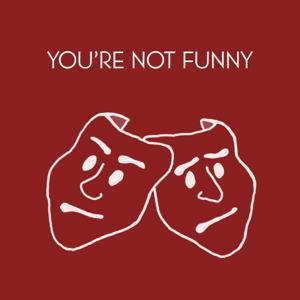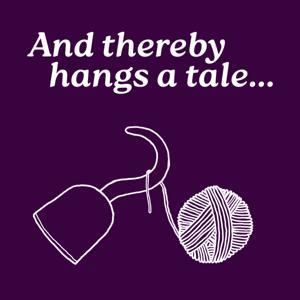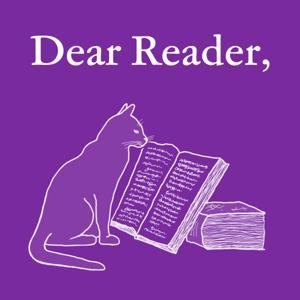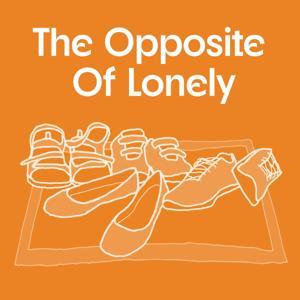Jared, Oriana and Ned discuss Jared’s choice of topic: the Inklings. Growing out of an undergraduate discussion group of that name in early 1930s Oxford, J. R. R. Tolkien and C. S. Lewis helped form the initial core of a further regular group that met in Lewis’s college rooms and at a favored local pub through the late 1940s. Members included Lewis’s brother Warnie, a great friend of Lewis in turn, Owen Barfield, at a later date Tolkien’s son Christopher and most notably a transplanted London writer who Lewis became a massive supporter of, Charles Williams. Tolkien, Lewis and Williams remain the perceived shining lights of the group thanks to their impact on imaginative fantasy writing that followed, Tolkien and Lewis in particular, but in retrospect, it can just as easily be argued that what seems from the outside like a colloquy of notable authors helping determine such a future course might simply be more of a cul-de-sac of far narrower attitudes and efforts than attention warrants from later generations. What were the exact connections between its key members, as detailed in later writings about them, and how equitable and participatory were they all in the meetings? What was the relative importance of Lewis to Tolkien and vice versa at the start of their friendship, and how did that change over the years? Does Lewis’s particular high profile in mid-20th century English intellectual life hold up under later scrutiny? Is Williams truly all that major a figure, beyond the fact that he clearly had an impact on Lewis’s own seemingly impressionable psyche? And is there something to the fact that in the end Tolkien, for all his own evident biases and damage done in the real world, might really have been the most grounded and normal member of them all?
Show Notes.
Jared’s doodle. Imagine the shocked looks and pregnant pauses in the action-as-such.
The Washington State Book Award! The Endeavour Award! Jared: keeping busy.
Deep Cuts: The Game! Give an ear to Oriana’s appearance…
That whole Ian McKellen/Hunt for Gollum/Frodo thing. Well.
That Hobbit first edition news was kinda fun!
C. S. Lewis: you might have heard of him. Charles Williams? You might not. The Inklings in general? They’ve been talked about.
Women Among The Inklings by Candace Frederick
Humphrey Carpenter’s Inklings book and, separately, the Zaleskis’ more recent The Fellowship.
The Mythopoeic Society – still going!
The 1979 animated The Lion, The Witch and the Wardrobe (by noted Peanuts animator Bill Melendez) – as different from the late 1980s BBC live action version.
The Three-Headed Dragon Ghidorah meme.
William T. Kirkpatrick, the tutor of teenage Lewis.
Elizabeth Anscombe was indeed quite a noted figure in her own right, but to be fair to both her and Lewis, she herself apparently thought the results of her debate with Lewis were blown out of proportion by later writers, per the extended quote here.
Graham Greene – pretty well known, that guy!
Owen Barfield and his own deal: Anthroposophy.
“Mother Stands For Comfort” indeed. (We trust you are all well aware of Kate Bush.)
C.S. Lewis and Arthur Greeves did indeed have a friendship that lasted to Lewis’s death. (But that linked piece, like others, does underplay Greeves’s own identity.)
It’s not perfect (to say the least) but Williams’s All Hallows Eve is still intriguing.
Till We Have Faces, unquestionably Lewis’s fictional highlight.
The good ol’ Hermetic Order of the Golden Dawn.
E. R. Eddison and Jared’s podcast appearance on him.
Our Notion Club Papers episode.
Joy Davidman! Quite a remarkable soul.
Support By-The-Bywater (and our network) on Patreon, and you can hang out with us in a friendly Discord.















































